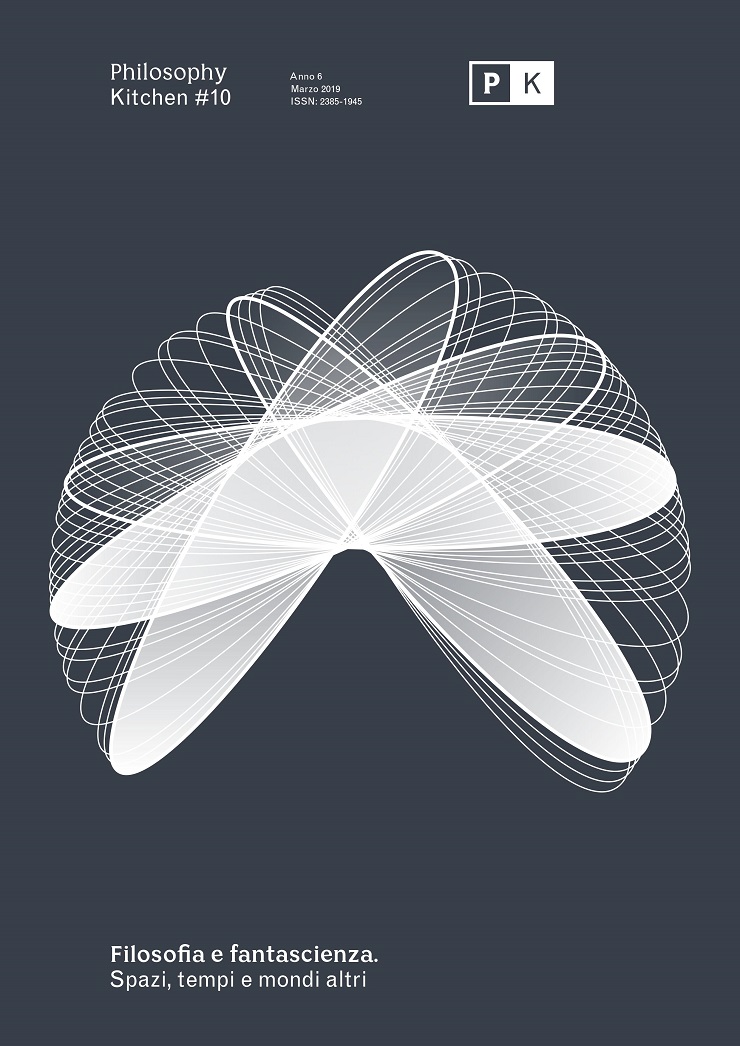"L’anno 3000" di Paolo Mantegazza. L’utopia scientifica al servizio del progresso coloniale
DOI:
https://doi.org/10.13135/2385-1945/4079Abstract
The novel L’anno 3000 by Paolo Mantegazza (1897) was linked with an English text translated into Italy in 1890, Looking Backward: 2000-1887 by Edward Bellamy. It was a text that at the time had an incredible success, and which was soon translated into several languages. In Bellamy’s book the travel is exclusively temporal, with a great attention from the author to the verisimilitude, since the protagonist, asleep through hypnosis, awakens in his own city several decades later, showing the differences with respect to his “normal” life. The novel by Mantegazza is different and the pretext of time travel, compared to Bellamy, is less credible: a couple, to celebrate their “fruitful marriage” five years after the “marriage of love”, decides to take a trip through Europe and Asia to Andropolis, a giant megalopolis at the foot of the Himalayas. The trip is an opportunity to present to the reader the different aspects of the cities visited, according to a rigid and rather common scheme that sees in the classics of utopian literature the major antecedents, from Tommaso Campanella to Thomas More passing through Jonathan Swift, especially with regard to employment irony. Each crossed city is analyzed according to one or more utopian aspects, obviously following the scientific suggestions of the author. In opposition to the socialist utopia of Bellamy, inspired by the Marxist theories, Mantegazza proposes an operation sometimes parodistic where the optimism of the colleague is constantly challenged. The only element that, according to the author, could lead humanity to a real improvement of their living conditions is blind trust in progress and in science, through all its forms, in particular demographic control, pharmacology, and its applications to the conception and genetics.






